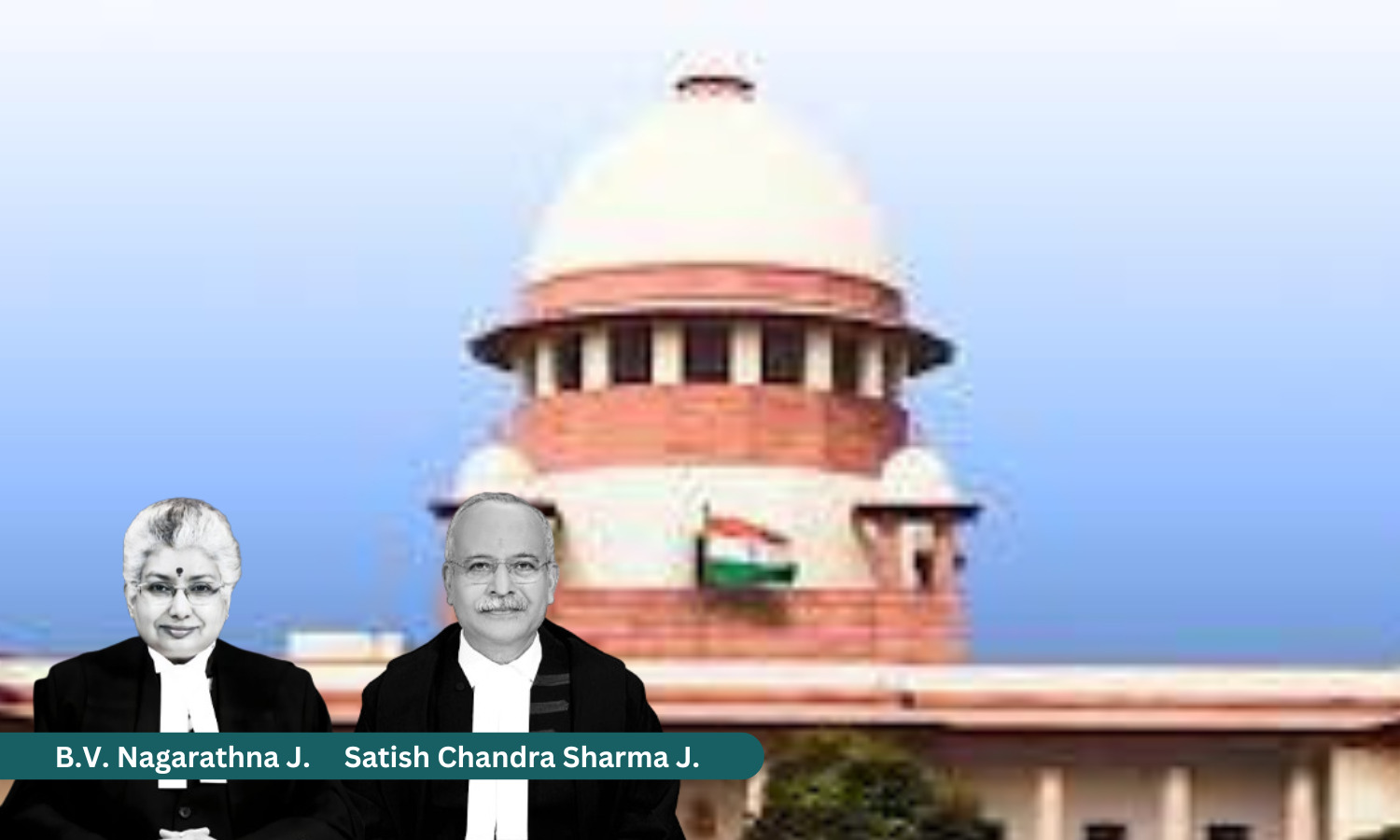 |
|
The Supreme Court of India recently delivered a landmark judgment in the case of ABC v. XYZ (Neutral Citation: 2025 INSC 129), significantly impacting the understanding of maintenance rights for women under Section 125 of the Criminal Procedure Code (CrPC). The Court granted maintenance to a woman even though her first marriage was allegedly still legally subsisting, a decision with far-reaching implications for family law in India. This case challenges traditional interpretations of marital status and its correlation with financial support, highlighting the Court's evolving approach to social welfare and the protection of vulnerable individuals.
The appellant, having married the respondent following an alleged dissolution of her first marriage via a Memorandum of Understanding (MoU), found herself in a challenging legal situation. While the Family Court initially awarded her maintenance, the Telangana High Court overturned this decision, arguing that as her first marriage was not legally dissolved through a court decree, she could not be considered the respondent's legal wife and therefore ineligible for maintenance under Section 125 CrPC. The Supreme Court's intervention overturned this ruling, signifying a progressive shift in judicial understanding of marital relationships and the rights of women within them. The High Court's narrow interpretation of the 'legal wife' criteria was deemed inconsistent with the broader principles of social justice and welfare that underpin Section 125 CrPC. The Court's reasoning emphasizes the financial dependence of women and the husband’s responsibility even in non-conventional marital arrangements.
The Supreme Court's judgment draws heavily on previous precedents, including Badshah vs. Urmila Badshah Godse and Another (2014) 1 SCC 188 and Dwarika Prasad Satpathy v. Bidyut Prava Dixit and Another (1999), which similarly granted maintenance to women even in cases with ambiguous or contested marital statuses. The Court consistently emphasized that the standard of proof for marriage when claiming maintenance under Section 125 CrPC is less stringent than that required in a prosecution under Section 494 IPC (bigamy). This distinction highlights the differing objectives of the respective legal provisions: Section 125 CrPC aims at ensuring financial security for dependent spouses and children, while Section 494 IPC aims at punishing the commission of the crime of bigamy. The Court's approach reflects a pragmatic recognition of the complexities of marital relationships and the vulnerability of women in these situations.
The Court's rationale further relies on the landmark judgment in Mohd. Abdul Samad v. State of Telangana and Another (2024), which underscores the financial dependence of wives and broadens the interpretation of 'subsisting domestic relationship' to encompass both present and past relationships. This expansive interpretation underscores the Court's intention to offer effective protection to women who have been financially dependent on their partners, irrespective of the technicalities of their marital status. By interpreting the social welfare provisions expansively, the Court rejects a narrow legalistic approach and instead chooses to prioritize the protection of vulnerable women. This is in line with the principle of beneficial construction of social welfare legislation, exemplified by the judgment in Ramesh Chander (supra). The alternative interpretation, the Court noted, would condone destitution and legally sanction the respondent's behaviour of benefitting from the marriage whilst evading his responsibilities.
The case of ABC v. XYZ establishes a crucial precedent for future cases involving maintenance claims in complex marital situations. It reinforces the Supreme Court’s commitment to a gender-sensitive and just application of the law, offering greater protection to financially vulnerable women. The decision underscores the court’s growing recognition that formal legal declarations of marriage should not necessarily dictate the determination of maintenance claims, especially when those claims are predicated on actual dependence and the clear presence of a domestic relationship, even one that may be deemed irregular or voidable. The expansive interpretation of Section 125 CrPC signals a move towards a more nuanced and equitable approach to family law in India, emphasizing the need to protect women from financial hardship irrespective of the complexities of their marital history.
The judgment highlights the ongoing evolution of Indian family law in response to changing societal norms and the need for greater protection for women. The Court's emphasis on social justice and gender equality is evident throughout the judgment, showcasing its commitment to interpreting laws in a manner that supports vulnerable individuals. This decision likely signals a broader shift towards a more protective stance for women in marital disputes, particularly those involving contested marital validity or situations where financial dependence is demonstrably present. Future litigation concerning maintenance and marital relationships will likely be influenced by the principles articulated in this significant ruling.
Source: Apex Court Grants Maintenance To A Wife Even Though Her First Marriage Was Subsisting
